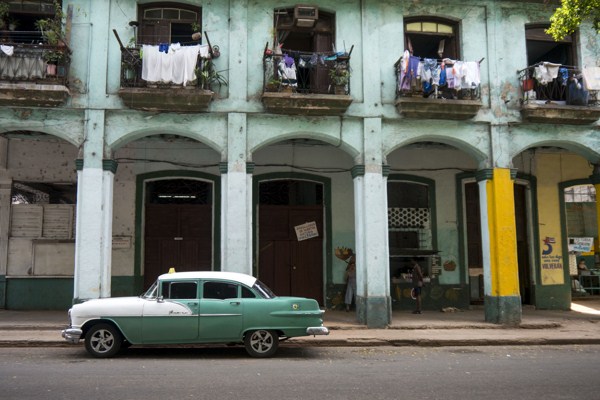Last week, officials from the United States and Cuba held their first formal talks on human rights since both sides announced they were working to restore diplomatic ties last December. In an email interview, Ted Piccone, a senior fellow at the Brookings Institution, discussed the human rights situation in Cuba.
WPR: What are the major human rights violations committed by the Cuban government, and are the policies driven more by the central government or by local actors?
Ted Piccone: The Cuban government has a mixed record when it comes to the full panoply of internationally recognized human rights. On political and civil rights, Cuba violates fundamental norms of freedom of expression, freedom of assembly, due process and the right to participate in political affairs. It uses onerous laws against “dangerousness,” for example, to pre-emptively detain citizens suspected of organized political speech, and severely limits the free flow of information through state-controlled media. Elections are not free or fair, as the Communist Party has a virtual monopoly on political competition at all levels of government. The judiciary is controlled by the executive, and judges serve for limited terms.

